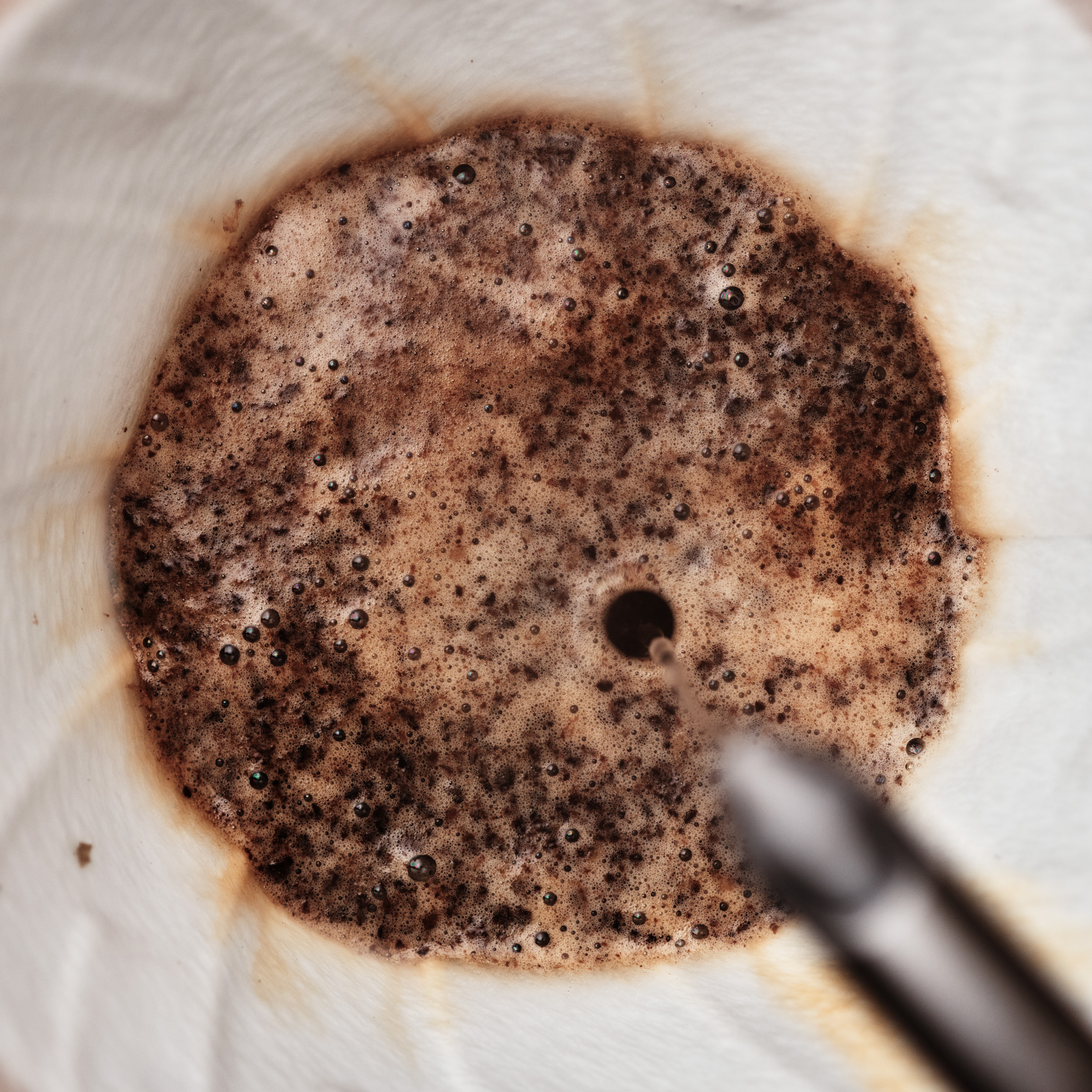Disposing of Coffee Grounds Down the Sink: Is It Allowed? - Professional Insights
Disposing of Coffee Grounds Down the Sink: Is It Allowed? - Professional Insights
Blog Article
The writer is making a number of good pointers relating to Can Coffee Grounds Go Down the Drain or Sink? in general in the article beneath.

If you're an enthusiastic coffee drinker, you may be questioning the most effective method to get rid of your coffee premises. While it might appear convenient to clean them down the sink, this practice can cause several problems for both your plumbing and the environment. In this post, we'll discover whether it's risk-free to place coffee premises down the sink and talk about alternate disposal approaches to consider.
Alternatives to Disposing of Coffee Grounds
Trash Disposal
If you do not have a composting arrangement, another option is to simply throw your coffee grounds in the trash. Make sure to secure them in a compostable bag or container to stop smells and leak. While this technique does not use the very same ecological advantages as composting, it's a secure and convenient way to deal with coffee grounds.
Composting
One environmentally friendly option for getting rid of coffee grounds is to compost them. Coffee premises are abundant in nitrogen, making them an outstanding addition to compost heap or bins. As they decompose, they include nutrients to the soil, improving its fertility and structure.
Threats of Putting Coffee Grounds Down the Sink
Plumbing Issues
One of the key worry about throwing away coffee grounds down the sink is the threat of clogging your pipelines. Coffee grounds don't liquify in water and can gather over time, forming a dense sludge that can obstruct drains pipes and cause expensive plumbing repair services.
Environmental Impact
Past the potential damage to your plumbing, placing coffee premises down the sink can likewise hurt the setting. When cleaned into the sewage system, coffee premises can add to blockages in sewer lines and treatment facilities. Furthermore, the high concentration of organic matter in coffee grounds can deplete oxygen levels in rivers, adversely influencing marine life.
Tips for Proper Disposal
Routine Maintenance
Despite exactly how you choose to throw away your coffee premises, it's important to preserve your plumbing on a regular basis. Arrange periodic drainpipe cleansings to eliminate any build-up and make sure that your pipes continue to be clear and free-flowing.
Utilize a Sink Strainer
To stop coffee grounds from entering your sink's drain to begin with, consider making use of a sink strainer. These inexpensive gadgets catch solid bits, consisting of coffee grounds, avoiding them from creating clogs.
Final thought
While it might be tempting to wash coffee grounds down the sink for benefit, doing so can have severe repercussions for your plumbing and the environment. Instead, consider composting your coffee grounds or taking care of them in the trash. By embracing liable disposal methods, you can enjoy your coffee guilt-free while decreasing your environmental footprint.
Coffee Grounds Down The Drain: Are They OK?
Can Coffee Grounds Go Down the Sink?
You may be thinking, “But I pour them down the sink drain every day and I’ve never had a clogged drain!” You see, coffee grounds come from coffee beans, which are virtually rock hard by the time they’re ground and brewed. You certainly wouldn’t want to grind up the pit from a peach, apricot, or nectarine that is about just as hard because they wouldn’t break down like other foods, and it’s the same with coffee beans!
If you usually grind coffee beans in the garbage disposal because it seems the cleanest and convenient, we don’t fault you for that. And anyone who has ever had to clean up the trash with spilled coffee grounds after a dog got into it would understand the rationale. Unfortunately, coffee grounds do not break down in water, so instead of grinding up and washing away as normal foods do in a garbage disposal, they clump together and as time goes by, the grounds can form a clump and pack the drain until it develops a clog.
What to Do With Coffee Grounds
So, what do you do with coffee grounds if you can't put them down the drain? You could of course just throw them in the garbage, but we encourage you to give these practical uses for them a try!
Since coffee grounds contain key minerals for plant growth, you can use them to fertilize your garden. Coffee grounds not only fertilize gardens because they are mineral-rich, but they are also great at absorbing contaminants in the soil, particularly heavy metals. Coffee grounds are said to attract worms, which help gardens flourish. You can use coffee grounds as fertilizer by sprinkling them around your plants. You can compost your coffee grounds and use them at a later time. Coffee grounds are great insect repellents when you place them in bowls or sprinkle them around the areas you want to repel insects. To remove fleas from your dog or cat, simply shampoo your pet then rub coffee grounds throughout their fur. Rinse them off and dry as usual. Like baking soda, used coffee grounds can eliminate odors. You can place them in a bowl in the fridge and let them do the work! Mix coffee grounds with coconut oil for a wonderful face or body scrub, or to reduce the appearance of cellulite. https://www.wintershomeservices.com/blog/2019/august/coffee-grounds-down-the-drain-are-they-ok-/

Do you appreciate reading up on Can Coffee Grounds Go Down the Drain or Sink?? Create a remark down below. We would be pleased to find out your suggestions about this page. We are looking forward that you visit us again in the future. Are you aware of another individual who is fascinated by the topic? Take a moment to share it. Thanks for your time invested reading it.
Book Your Appointment Report this page